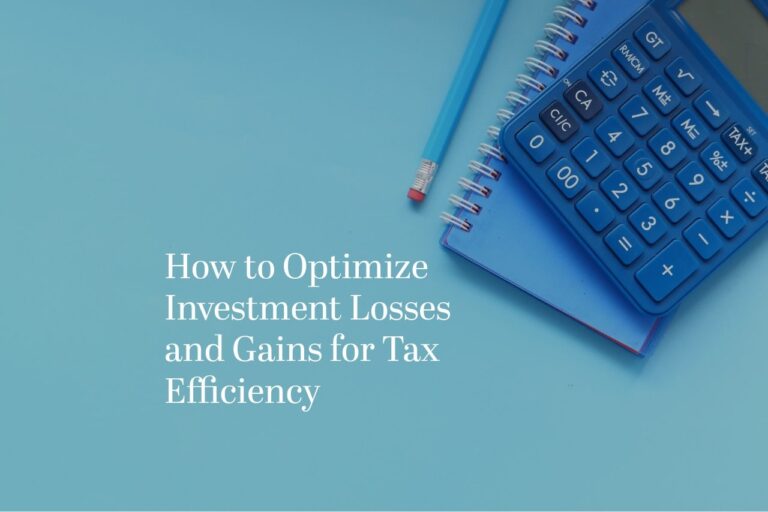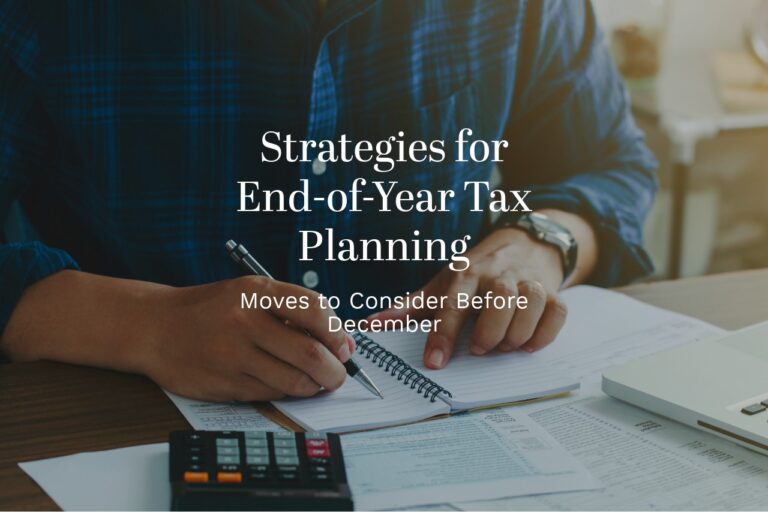Retirement Budget Guidance for Long-Term Financial Stability
Planning for retirement involves careful budgeting to help manage expenses and maintain financial stability. A well-structured retirement budget considers various income sources, anticipated expenses, and potential changes in spending patterns. By accounting for these factors, you can create a practical plan for managing your finances throughout retirement.
Retirement Budget Guidance: Estimating Income
Understanding expected income sources is the foundation of a retirement budget. Common sources include:
- Social Security Benefits: Estimating monthly benefits based on work history and claiming age can provide insight into a portion of retirement income.
- Pension Payments: For those with employer-sponsored pensions, reviewing payout options and tax implications is important.
- Retirement Account Withdrawals: Withdrawals from 401(k) plans, IRAs, and other retirement accounts should be planned to balance income needs and tax considerations.
- Annuities and Passive Income: Annuities, rental income, dividends, and other investment returns can contribute to financial stability in retirement.
Essential Living Expenses
Fixed costs often make up a significant portion of retirement expenses. These include:
- Housing Costs: Whether maintaining a mortgage, downsizing, or renting, housing expenses remain a key budget item.
- Utilities and Home Maintenance: Electricity, water, internet, and routine home repairs should be accounted for.
- Food and Groceries: Estimating grocery and dining expenses helps maintain a realistic budget.
- Healthcare Costs: Medicare premiums, supplemental insurance, prescriptions, and out-of-pocket medical expenses should be carefully considered.
Discretionary Spending
Retirement often provides more time for leisure activities, travel, and hobbies, all of which should be factored into a budget.
- Entertainment and Hobbies: Costs for recreational activities, club memberships, and hobbies should be planned for.
- Travel Expenses: Whether traveling locally or internationally, budgeting for transportation, lodging, and activities is important.
- Gifts and Charitable Giving: Donations and gifts to family or charitable organizations may be part of planned expenses.
Planning for Inflation and Unexpected Costs
A retirement budget should account for potential cost increases over time.
- Inflation Impact: Rising prices affect daily living costs, making it important to plan for gradual increases.
- Emergency Fund: Setting aside funds for unexpected expenses such as home repairs or medical emergencies can provide financial flexibility.
- Long-Term Care Considerations: Assisted living, in-home care, or nursing home expenses may be necessary later in retirement.
Adjusting the Budget Over Time
A retirement budget is not static and should be reviewed periodically to reflect changes in your income, expenses, and personal circumstances.
- Spending Adjustments: As your retirement progresses, spending patterns may shift, requiring budget modifications.
- Tax Considerations: Understanding how withdrawals from different accounts impact taxable income can help with planning.
- Estate and Legacy Planning: Allocating funds for estate planning and potential inheritances can be part of financial planning.
Retirement Budget Guidance: The Bottom Line
Creating a retirement budget involves a detailed review of income sources, essential expenses, discretionary spending, and long-term planning. Regularly reviewing and adjusting your budget can help you stay on track and adapt to financial changes throughout retirement.
Illuminated Advisors is the original creator of the content shared herein. I have been granted a license in perpetuity to publish this article on my website’s blog and share its contents on social media platforms. I have no right to distribute the articles, or any other content provided to me, or my Firm, by Illuminated Advisors in a printed or otherwise non-digital format. I am not permitted to use the content provided to me or my firm by Illuminated Advisors in videos, audio publications, or in books of any kind.








